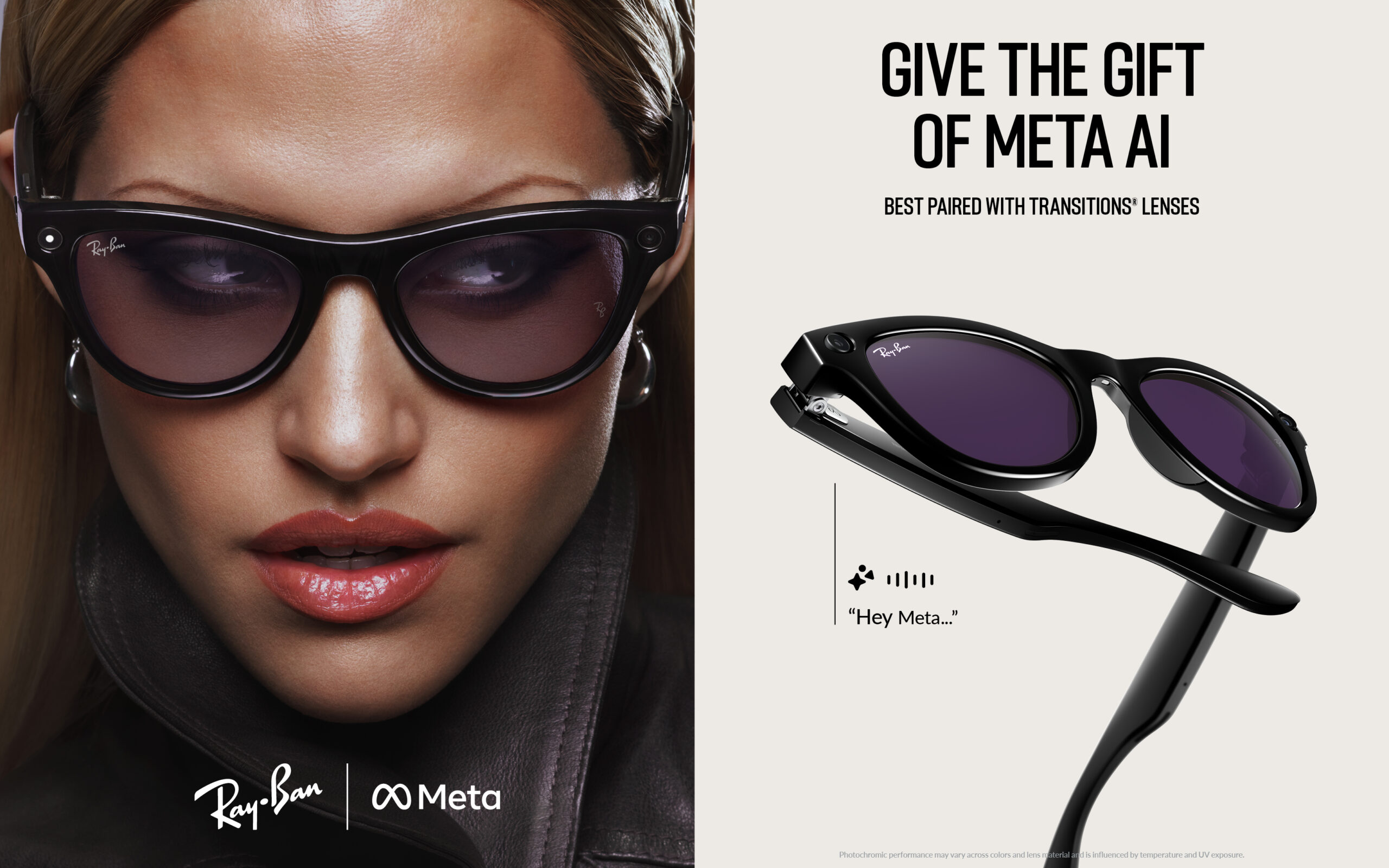Big XR News from PICO, Unity, Ray-Ban, Meta - XR Today
The XR landscape is witnessing strategic moves aimed at market expansion and competitive positioning. PICO’s enhanced developer support seeks to cultivate a robust content ecosystem for its enterprise and consumer XR offerings. Simultaneously, introducing a domestic RT3D engine in China signals a potential shift in the global supply chain and development resources for immersive technology solutions. Meta’s focus appears to be on leveraging its AR smart glasses traction as a key differentiator in the evolving enterprise and professional XR markets, despite ongoing significant investment in broader metaverse initiatives. These developments suggest a dynamic environment for businesses operating within and adjacent to the extended reality sector.
PICO’s Support for XR Developers
PICO has continued its innovative momentum by announcing new support for upcoming XR developers who wish to self-publish and distribute free and paid applications through its popular Developer Console. This initiative aims to strengthen PICO’s content ecosystem by supporting experienced and emerging developers. It includes transparent review standards and efficient processes that facilitate timely application delivery.
The enhanced support system features the PICO Developer Centre, an Emulator, and a range of compatible SDKs from third-party service providers like Unity and Unreal. Yao Shuai, the Head of Ecosystem at PICO XR, explained:
"At PICO, we are opening our platform for self-publishing and providing comprehensive support. We’re not just launching a new feature; we’re fostering a vibrant community where every developer, regardless of size, can bring their unique vision to life and connect with a global audience."

Chinese RT3D Engine Impact
Following the shockwave to the U.S. AI industry caused by DeepSeek, a cheaper overseas competitor to U.S. AI giants, significant disruptions have been felt across the region’s emerging technology landscape. This included unprecedented plummeting stock prices for companies like NVIDIA. A similar trend may be emerging in the XR/RT3D market.
Recent developments suggest that the XR space, particularly the RT3D solutions marketplace, could experience a similar shockwave. RT3D engines like Unreal and Unity support the XR space, from consumer applications to enterprise solutions. They offer frameworks for developing and distributing immersive experiences, regardless of the use case.
Meta's Focus on AR Smart Glasses
Meta’s Q1 2025 earnings call provided key insights into the company’s operations as it shifts its focus towards AI and AR innovations. With Google emerging as a wildcard leader in extended reality (XR) through its new AndroidXR framework, there are indications that the promise of Google Glass is returning in a fresh form.
As other technology leaders vie for dominance in the AR smart glasses market, long-standing frontrunner Meta is determined to maintain its control over the XR landscape. The company is particularly invested in AR smart glasses and has found significant success through its partnership with Ray-Ban in producing Meta smart glasses.

During the recent earnings call, the significance of Meta’s smart glasses mission was highlighted, with CEO Mark Zuckerberg emphasising:
"Ray-Ban Meta AI glasses have tripled in sales in the last year and people who have them are using them a lot. We’ve got some exciting new launches with our partner EssilorLuxottica later this year as well that should expand that category and add some new technological capabilities to the glasses."
However, despite success and Meta optimism, Susan Li, CFO, noted that within the Meta Reality Labs segment, “Q1 revenue was $412 million, down 6% year-over-year due to lower Meta Quest sales, which were partially offset by increased sales of Ray-Ban Meta AI glasses.” Li also noted that Reality Labs expenses were $4.6 billion, “up 8% year-over-year, driven primarily by higher employee compensation.” Meanwhile, Reality Labs’ operating loss came in at $4.2 billion; historically, the Reality Labs segment loses money, but this appears to be a long-term investment in the future of computing and Meta’s innovation goals.










